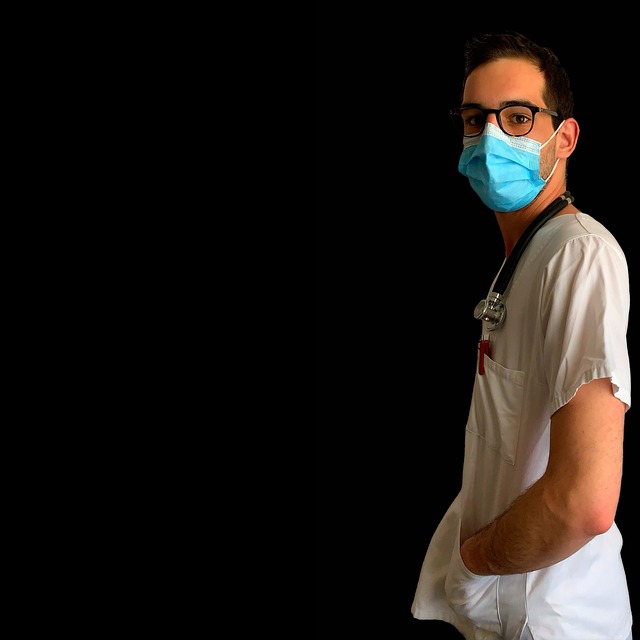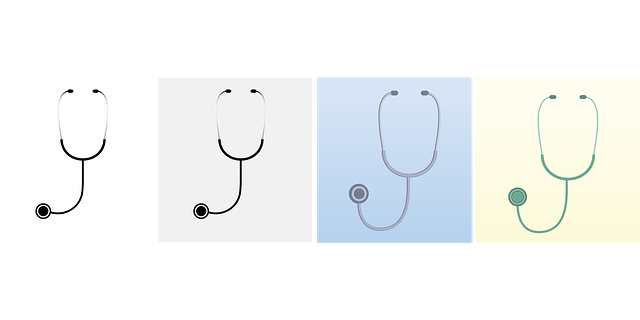In the diverse UK healthcare sector, clear communication through Translation services for Physician's Treatment Plans UK is vital for effective treatment. Professional translation goes beyond word-for-word substitution, requiring medical terminology knowledge and cultural sensitivity to ensure non-native English speakers understand their diagnoses, procedures, and medications accurately. These services improve patient trust, adherence, and outcomes, especially crucial for those with limited language proficiency. Reputable providers use advanced technologies and rigorous quality assurance to guarantee precise translations, bridging communication gaps and promoting positive health results.
Do you need reliable translation for your physician’s treatment plans? Effective communication is crucial in healthcare, especially with the diverse patient populations in the UK. This article explores the growing demand for professional translation services in this sector. We delve into the challenges of translating medical information accurately and consistently across various languages. By understanding these complexities, we highlight how specialized translation can streamline care, improve patient outcomes, and ensure effective treatment plans for all UK patients.
- Understanding the Importance of Accurate Translation in Healthcare
- Challenges in Communicating Medical Information Across Languages
- How Professional Translation Services Can Streamline Physician's Treatment Plans
- Ensuring Quality and Accuracy in Medical Translation
- Exploring the Role of Technology in Translating Treatment Plans for UK Patients
Understanding the Importance of Accurate Translation in Healthcare

In the healthcare sector, clear communication is paramount, especially when it comes to treatment plans. For physicians, crafting comprehensive and effective treatment strategies requires precise language skills to ensure patient understanding. However, with an increasingly diverse patient population in the UK, the need for translation services for physician’s treatment plans has become essential. Accurate translation goes beyond mere word-for-word substitution; it involves conveying medical terminology, cultural nuances, and complex instructions in a way that is easily comprehensible to patients from different linguistic backgrounds.
Translation errors can lead to misdiagnosis, incorrect medication regimens, or even refusal of treatment, posing significant risks to patient health and safety. Professional translation services specializing in healthcare offer specialized knowledge and expertise, ensuring that medical documents, including treatment plans, are translated accurately and contextually. This is crucial for maintaining patient trust, improving adherence to treatments, and fostering better health outcomes, especially when treating non-native English speakers or those with limited language proficiency.
Challenges in Communicating Medical Information Across Languages

Communicating medical information effectively is a critical aspect of patient care, but it can present significant challenges when dealing with multilingual patients. In the UK, where healthcare services cater to diverse ethnic and linguistic backgrounds, ensuring accurate translation for physician’s treatment plans becomes essential. One of the primary difficulties lies in the technical nature of medical terminology, which often has direct translations that may not convey the exact meaning or context required.
Translation services for Physician’s Treatment Plans UK must go beyond word-for-word substitutions to ensure precise and culturally sensitive communication. Professional translators with medical expertise are vital to interpreting complex diagnoses, treatment procedures, and prescription medications accurately. They navigate the nuances of different languages and healthcare systems to bridge the gap between caregivers and patients, thereby facilitating better understanding, adherence to treatments, and ultimately improving health outcomes.
How Professional Translation Services Can Streamline Physician's Treatment Plans

In today’s diverse healthcare landscape, effective communication is key to successful patient outcomes. For physicians crafting treatment plans, especially when dealing with patients from different linguistic backgrounds, professional translation services can be a game-changer. These services ensure that every aspect of a patient’s medical journey—from initial consultations to detailed treatment instructions—is accurately conveyed in their native language.
Translation services for Physician’s Treatment Plans UK play a vital role in streamlining processes, enhancing patient care, and reducing potential errors. With skilled translators who possess medical expertise, patients receive clear explanations of their conditions and recommended treatments. This not only improves understanding but also encourages active participation in decisions about their health, fostering better compliance with treatment regimens.
Ensuring Quality and Accuracy in Medical Translation

When it comes to physician’s treatment plans, ensuring quality and accuracy in translation is paramount. Medical terminology is intricate and often requires specialist knowledge for precise rendering. Reputable translation services in the UK employ professional medical translators who are fluent in both the source and target languages, guaranteeing an exact conveyance of critical medical information. These experts not only understand complex medical concepts but also adhere to industry-specific terminology to avoid ambiguities or errors that could impact patient care.
Using advanced translation technologies and rigorous quality assurance processes, top-tier services deliver error-free documents. This meticulous approach is essential for effective communication between healthcare providers and patients, especially in a multicultural UK setting. Accurate translations facilitate better understanding of treatment instructions, adherence to prescribed regimens, and overall positive health outcomes. For physician’s treatment plans, relying on trusted translation services that specialise in the medical domain is a vital step towards ensuring patient safety and successful treatment outcomes.
Exploring the Role of Technology in Translating Treatment Plans for UK Patients

In today’s digital era, technology plays a pivotal role in enhancing patient care, particularly when it comes to understanding and implementing physician treatment plans. Translation services for Physician’s Treatment Plans UK have become increasingly sophisticated, leveraging advanced tools to bridge the communication gap between healthcare professionals and patients from diverse linguistic backgrounds. Online platforms now offer real-time translation solutions, ensuring that every detail of a treatment regimen is accurately conveyed in the patient’s native language.
This technological advancement is especially beneficial for complex medical instructions, where even minor misinterpretations can have significant implications. With just a few clicks, patients can access instant translations of their treatment plans, fostering better engagement and adherence to prescribed courses of action. As a result, healthcare providers in the UK are able to offer more personalized and effective care, ultimately improving patient outcomes and satisfaction levels.
In today’s diverse healthcare landscape, effective communication is key. For physicians crafting treatment plans, accurate translation services are essential to ensure optimal patient care, especially in the UK where a multitude of languages are spoken. By leveraging professional translation services, healthcare providers can streamline their processes, improve patient understanding, and ultimately enhance outcomes. Advanced technology plays a pivotal role in this, enabling efficient and precise translation of treatment plans, thus fostering better access and quality care for all UK patients, regardless of their linguistic background. Translation services for Physician’s Treatment Plans UK represent a game-changer in healthcare accessibility.
